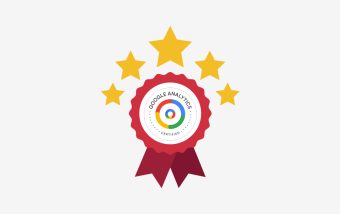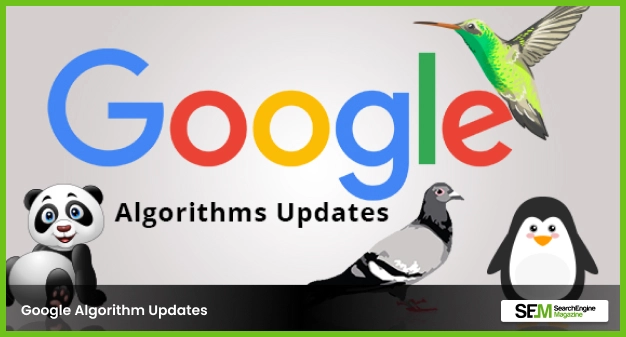How To Know If Someone Blocked You On iMessage? 5 Secret Hacks!
Apr 16, 2025

Apr 16, 2025

Apr 16, 2025

Apr 15, 2025

Apr 11, 2025

Apr 11, 2025

Apr 11, 2025

Apr 08, 2025

Mar 29, 2025
Sorry, but nothing matched your search "". Please try again with some different keywords.

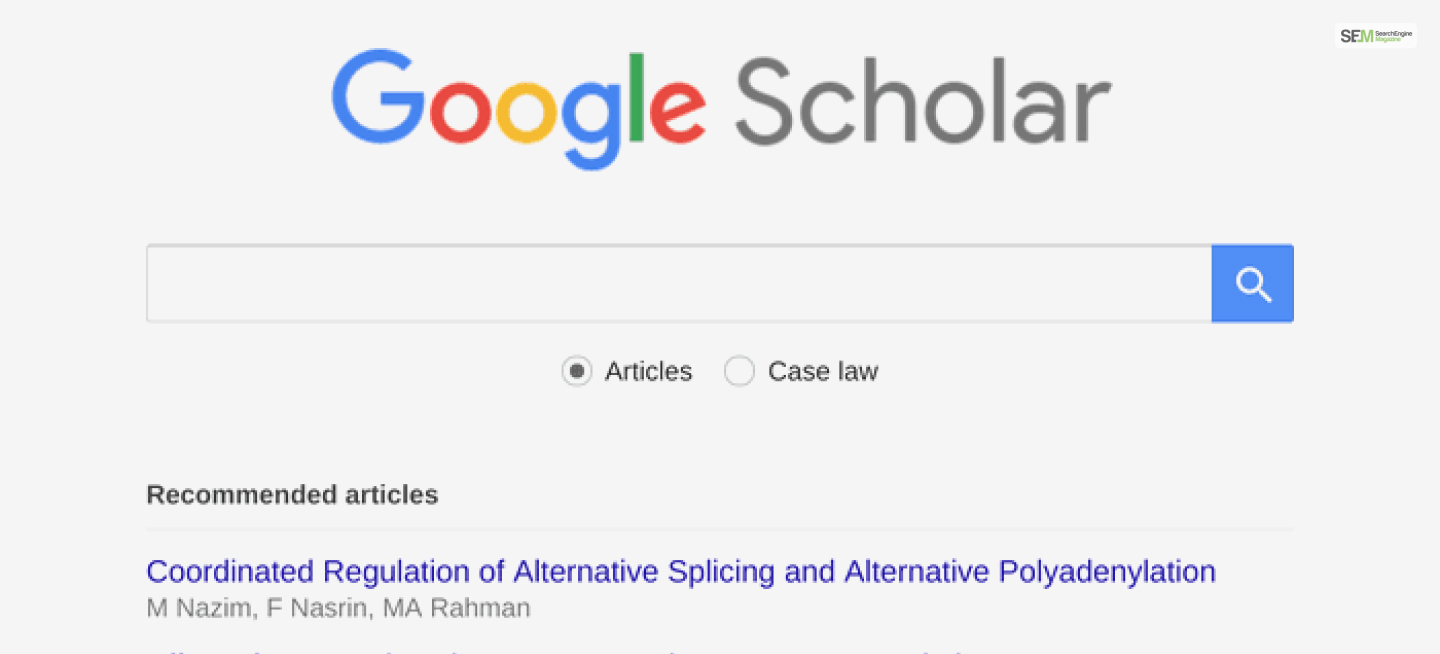
Do you need help writing the perfect dissertation for your college presentation? Or do you want to get scholarly insight into a particular topic you have researched for some time? I have got the perfect tool for you – Google Scholar!
This tool is a freely accessible web search engine that indexes the full text of scholarly literature. It does so across various publishing formats and disciplines.
Google launched it in November 2004. It’s different from the regular Google search engine, which indexes web pages and other types of online content. Instead, it focuses only on scholarly articles, theses, books, conference papers, and patents.
To learn more about this fantastic academic research tool by Google, read this post till the end.
The main features of Google Scholar (also known as Google Academico in Spanish) are:
Google Scholar searches for scholarly publications. This includes articles, theses, books, and conference papers. It provides access to a vast library of educational material on various topics.
This tool tracks citations of scholarly articles. Therefore, it allows you to see how often a particular work has been cited. This citation-tracking feature is valuable for evaluating the effectiveness of a specific article.
Not all search results provide direct access to full-text articles. However, Google Scholar provides links to publisher websites, institutional repositories, and other sources. Therefore, the full text of the paper can be found using this tool. The best thing is that it’s completely free! Google indexes new content daily as well!
This tool offers advanced search options, allowing users to refine their searches by specific authors, journals, publication years, and more. This helps narrow down their search results to find relevant articles more efficiently.
Users can set up email alerts for specific keywords, authors, or topics. Therefore, you can use this tool to get notifications when new articles matching your criteria are added to its database.
Some universities and libraries have integrated their catalogs with Google Scholar. Therefore, they can see whether a particular article is available in their library’s collection.
In addition to academic literature, it also indexes patents and legal documents. Therefore, it is a valuable resource for researchers, inventors, and legal professionals.
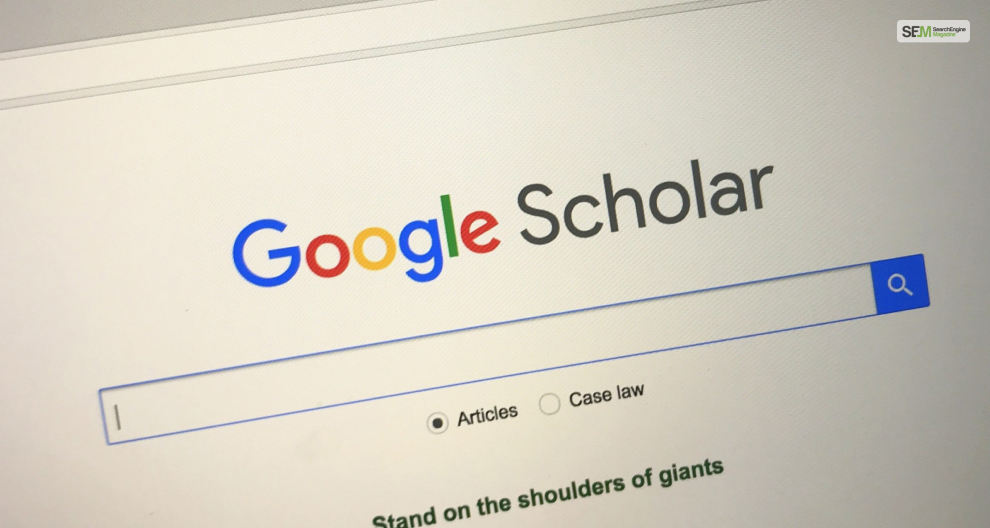
Google Scholar offers several benefits to researchers and academics, making it a valuable tool for academic research. Some of the main advantages of using this academic search engine are:
This search engine indexes various scholarly literature, including articles, theses, books, conference papers, and patents. This extensive coverage allows aligning your search intent to access diverse and multidisciplinary content from various fields of study.
Google Scholar provides advanced search options. Therefore, it allows you to perform precise searches based on specific keywords, authors, journals, publication years, and more. This helps in refining search results and finding relevant academic papers efficiently.
One of the significant advantages of this tool is Google Scholar citation tracking. You can see how many other scholarly works have cited a particular article. This citation analysis helps gauge the impact and influence of a specific piece of research within the academic community.
Google Scholar search is free for all. Therefore, this free access to academic content saves time and money that would have been spent accessing paid journals. It democratizes access to knowledge for researchers in institutions with limited resources.
You can set up email alerts and notifications for specific keywords, authors, or topics. It will send messages when new articles matching the specified criteria are added to its database. This feature helps you stay updated on the latest research developments in your field.
Because Google Scholar covers many disciplines, it facilitates interdisciplinary research. You can explore papers and studies from related fields, promoting cross-disciplinary collaboration and idea generation.
Many academic institutions and libraries integrate their catalogs with Google Scholar. This integration allows users to check the availability of specific articles in their library’s collection directly from the search results. Therefore, it simplifies the process of obtaining the full text of articles, along with integrating it with Google Ad Intelligence.
This website provides a platform for researchers worldwide to share their work. It promotes international collaboration, allowing you to access studies in different countries and regions. Therefore, it fosters a global perspective in academic research, counting on factors that influence Google rankings.
Google Scholar indexes many open-access publications, making research findings freely accessible to the global community. This promotes the open science movement and ensures that knowledge is shared and disseminated widely.
Some other academic search engines that serve as the best alternatives to Google Scholar are:

Caption: Base is a great research tool
Base (Bielefeld Academic Search Engine) is a popular academic search engine. Germany’s Bielefeld University created this tool, which now has over 136 million articles! However, it doesn’t provide citations and references.
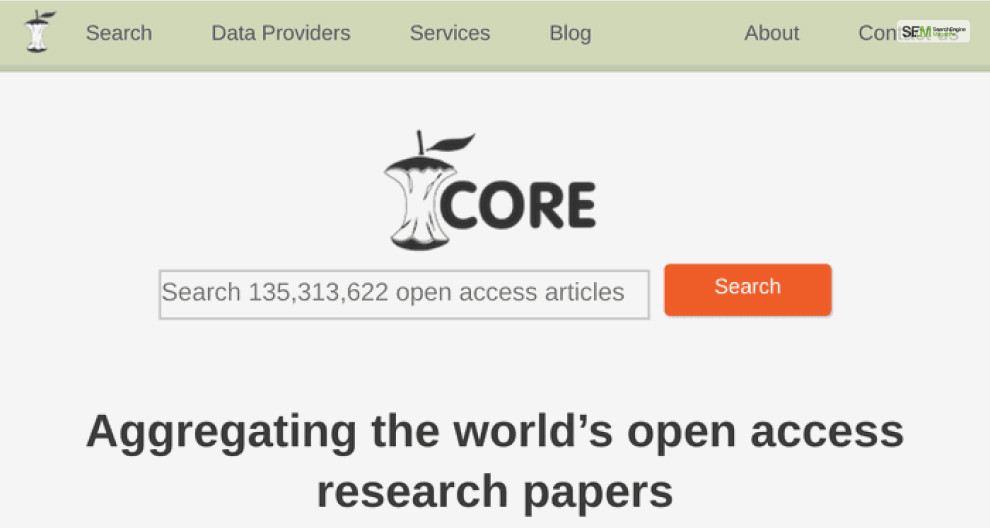
If you want open-access research papers, Core will be your best alternative. This academic search engine lets you access entire web pages and PDF files. However, it doesn’t provide citations and references.
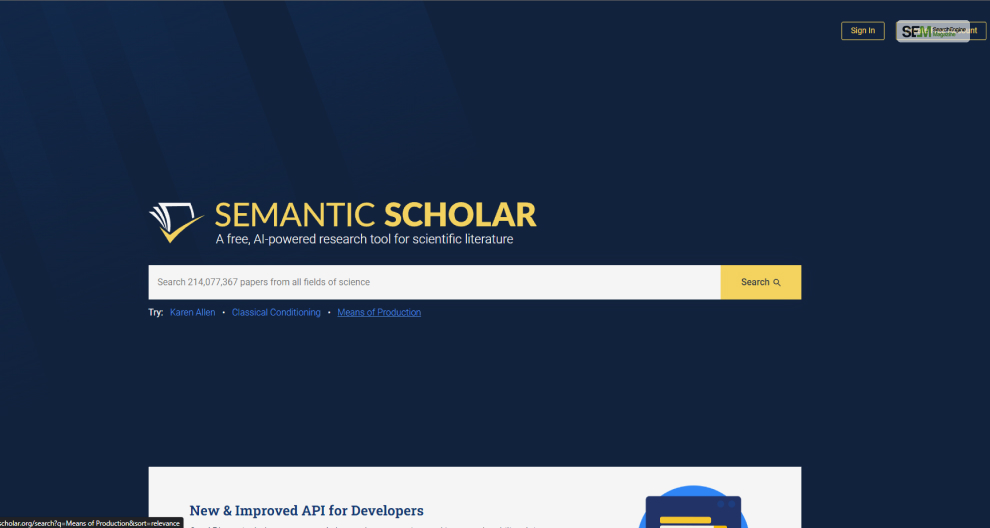
One of the newer Google Scholar competitors, Semantic Scholar uses AI algorithms to provide 40 million relevant search results. Its AI-based search results allow you to find connections and hidden links between topics! In addition, it also provides citations and references!
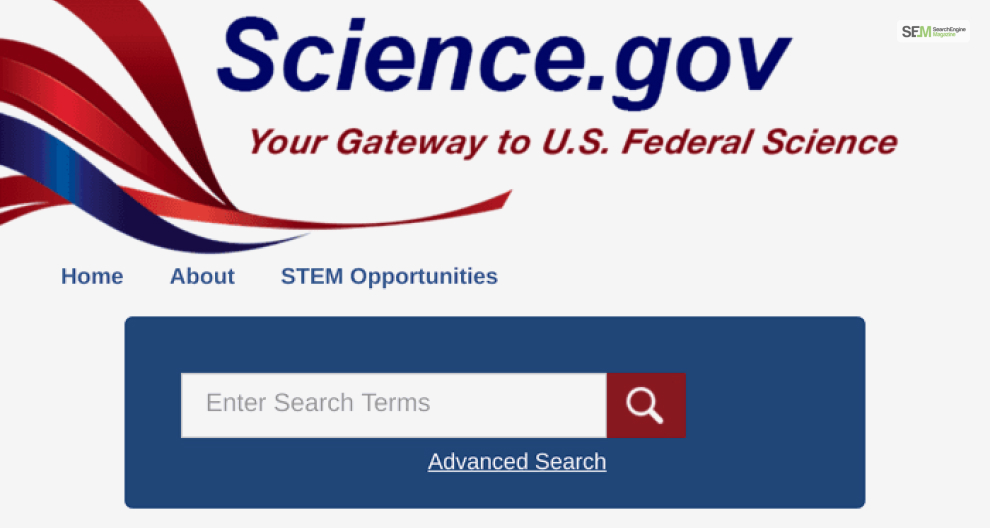
If you want access to public databases maintained by federal agencies, you should use Science.gov. It contains more than 200 million articles. However, it doesn’t provide citations and references.
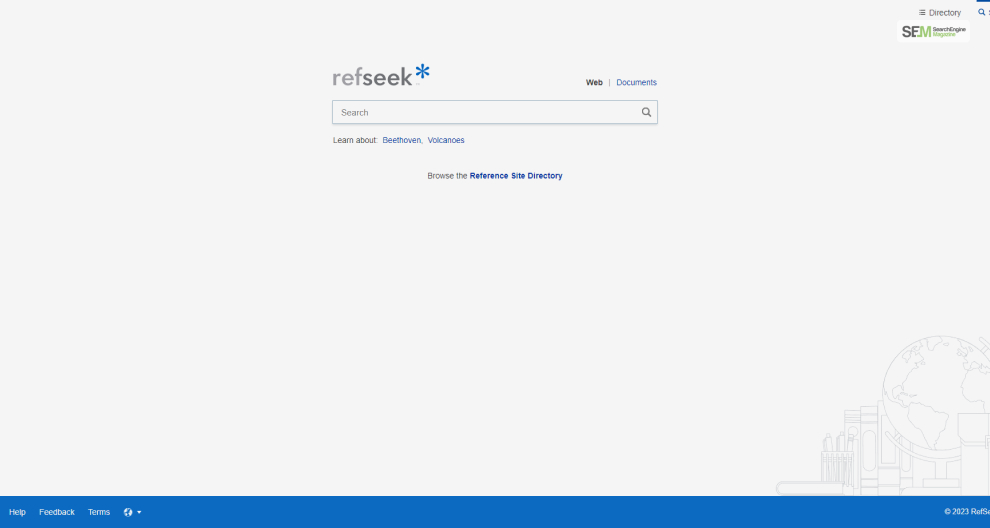
If you want an easy-to-use academic search engine with a clean interface, use RefSeek. However, unlike its name, it doesn’t provide citations and references.
Google Scholar is widely used by researchers, academics, students, and professionals to find scholarly articles and research papers across various fields. It provides a convenient way to access academic literature for research.
Therefore, it streamlines the research process by offering extensive access to academic content, aiding in citation analysis, and promoting interdisciplinary collaboration. Its user-friendly interface and powerful search capabilities make it an indispensable tool for you!
| Pros | Cons |
| Large databaseFree citations and referencesSet up tracking alertsCitation trackingFree of cost | Many articles are free to see snippets of. Requires payment for full accessThe citation-tracking algorithm can be manipulated easily |
Also Read
Mashum Mollah is the feature writer of SEM and an SEO Analyst at iDream Agency. Over the last 3 years, He has successfully developed and implemented online marketing, SEO, and conversion campaigns for 50+ businesses of all sizes. He is the co-founder of SMM.
View all Posts
How To Know If Someone Blocked You On iMessag...
Apr 16, 2025
7 Website Design Mistakes That Are Hurting Yo...
Apr 16, 2025
Programmable Dynamic SEO for Location-Based P...
Apr 15, 2025
Google Boba Game: How To Play This Fun Game B...
Apr 11, 2025
Which Is The Best Video Search Engine Of 2025...
Apr 11, 2025
